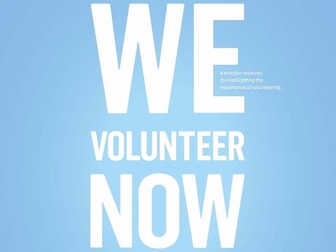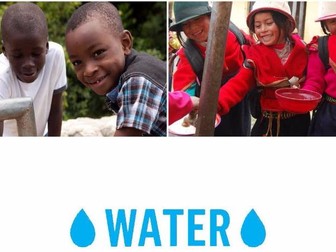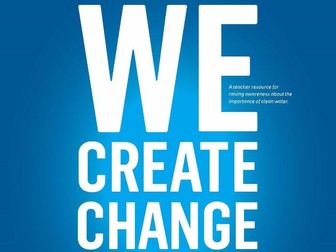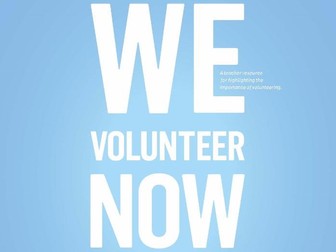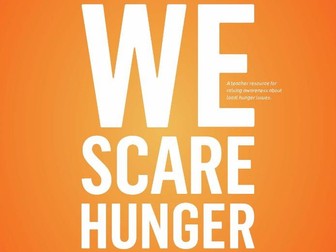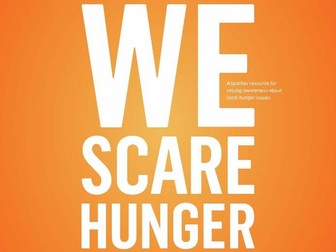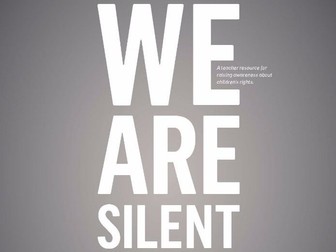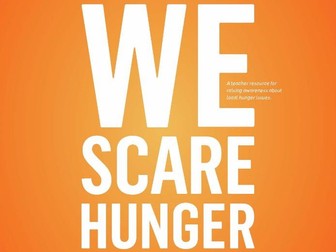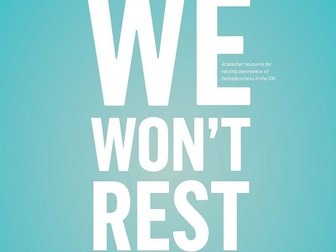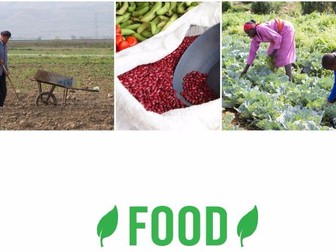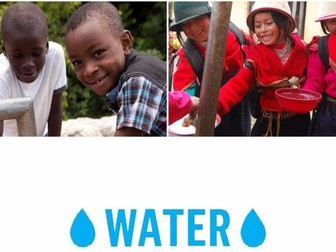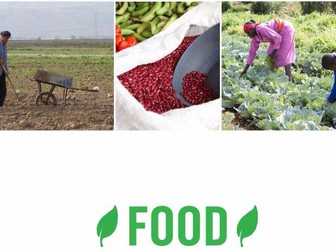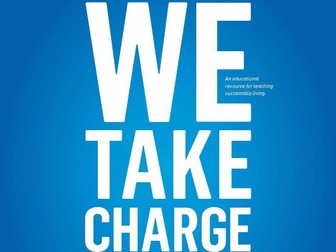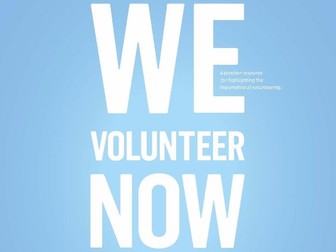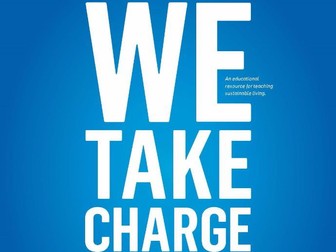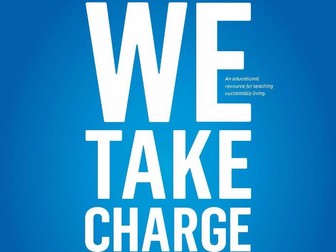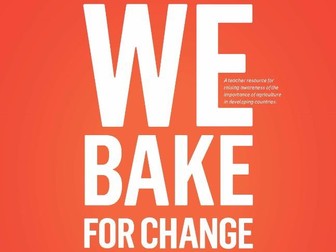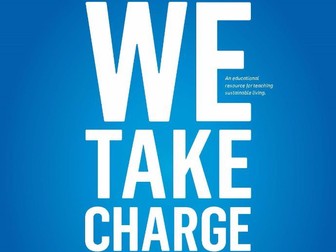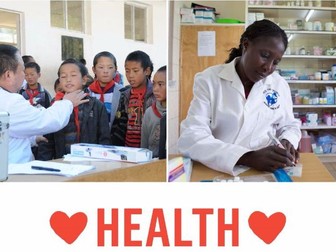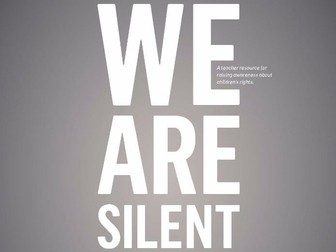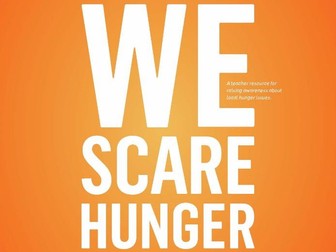WE Volunteer Now Secondary Lesson Package for Scotland
WE Volunteer Now is a package of lessons that teaches students that no matter what their gifts and talents are, they can use them to take action in their local community. By linking students’ gifts to issues that they feel passionately about, they can be empowered to make a positive change in the world around them. From reducing litter to helping to combat local hunger, students will see how different people have used their<br />
gifts to bring about change and how they can do the same.<br />
<br />
This lesson package has been designed to meet the Experiences and Outcomes set out in Curriculum for Excellence. It follows the principles of “Getting it Right for Every Child” (GIRFEC) by developing the promotion and support of the eight Well-being Indicators. Where possible, Scottish resources and references have been used to ensure it is relevant to young people in Scotland today. Each lesson in the package is organised into starters, main activities and plenaries, with suggestions for differentiation. Clear learning objectives and success criteria following Bloom’s Taxonomy of Learning ensure progression within each lesson and the package as a whole.<br />
<br />
These lessons develop many aspects of character education with a holistic and tangible approach, encompassing local and global social awareness and action, and empowering young people to make positive changes in the world around them.
